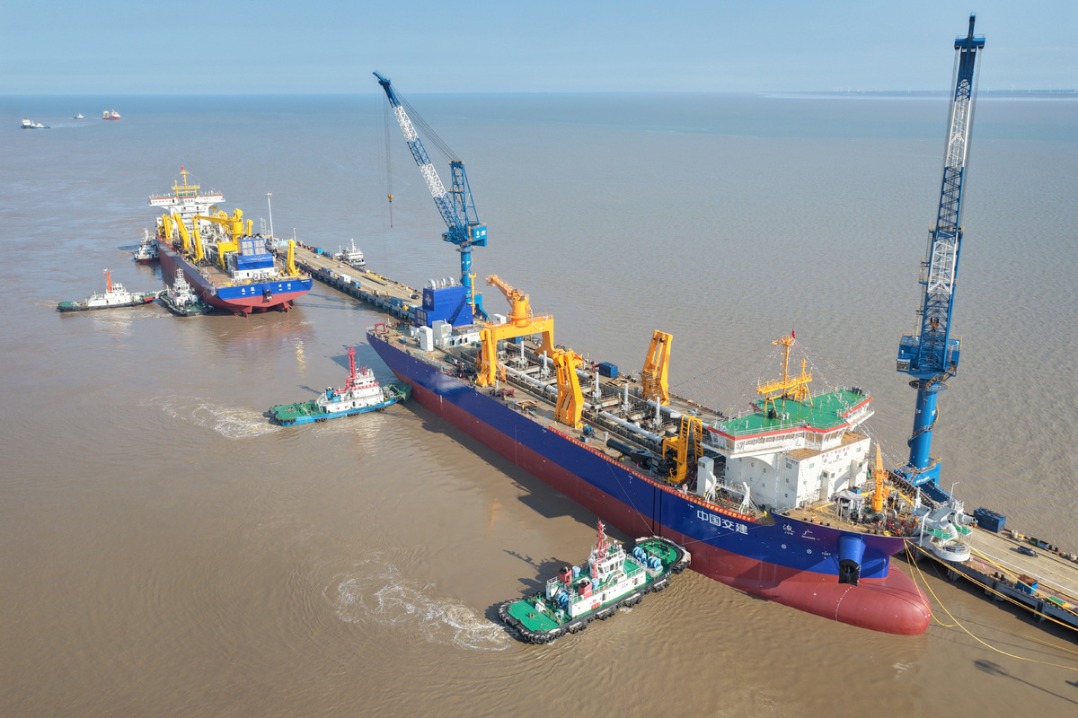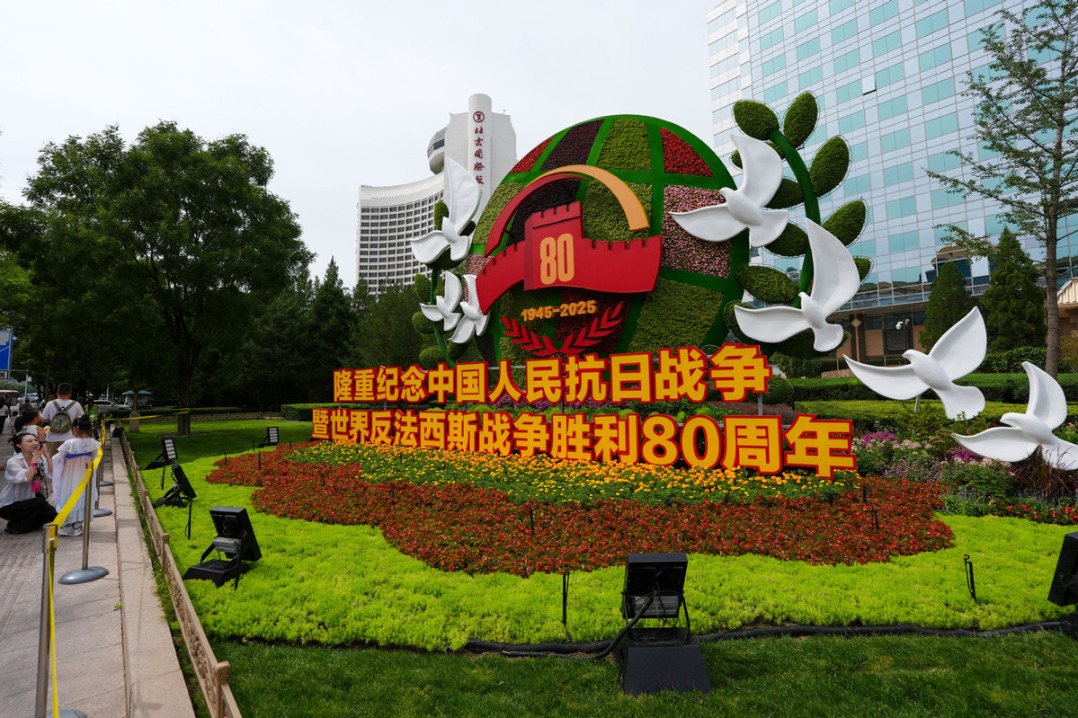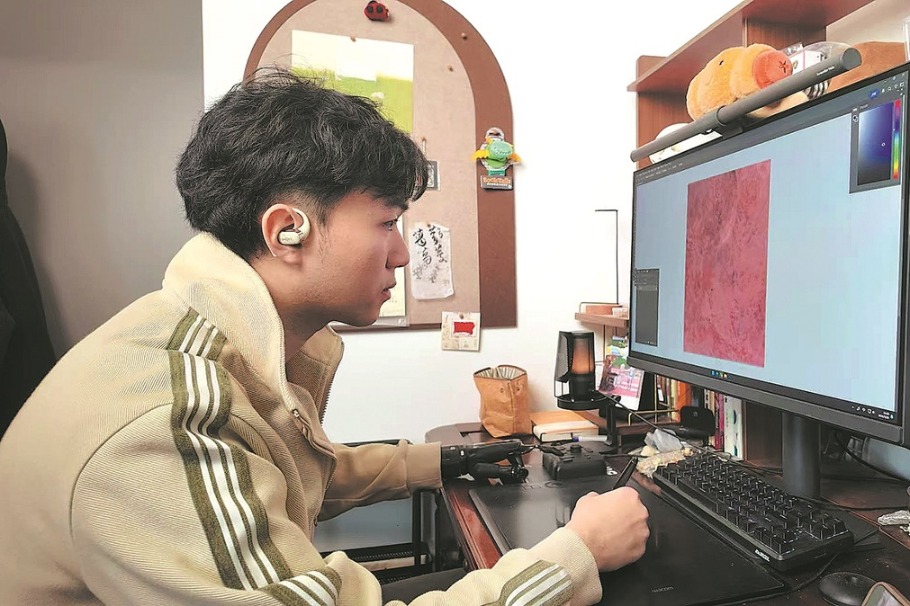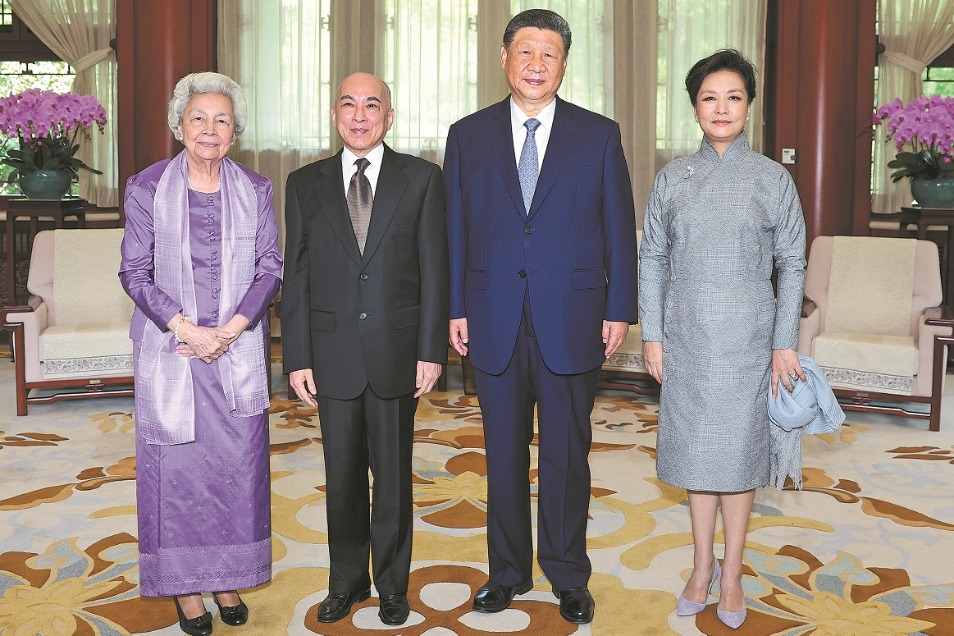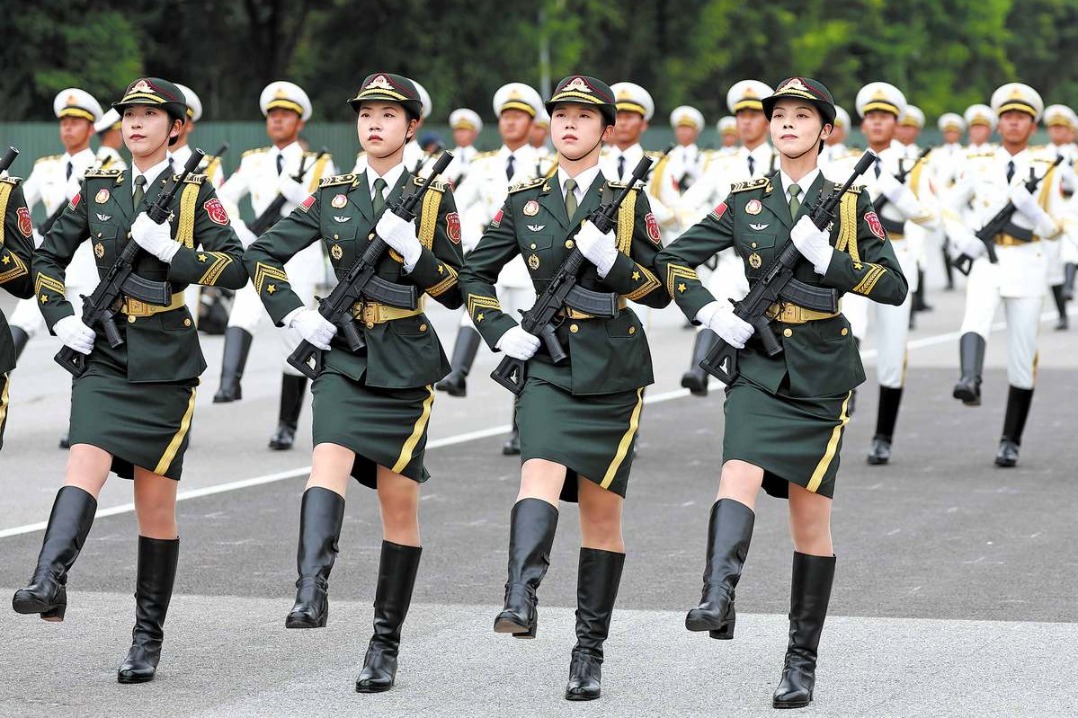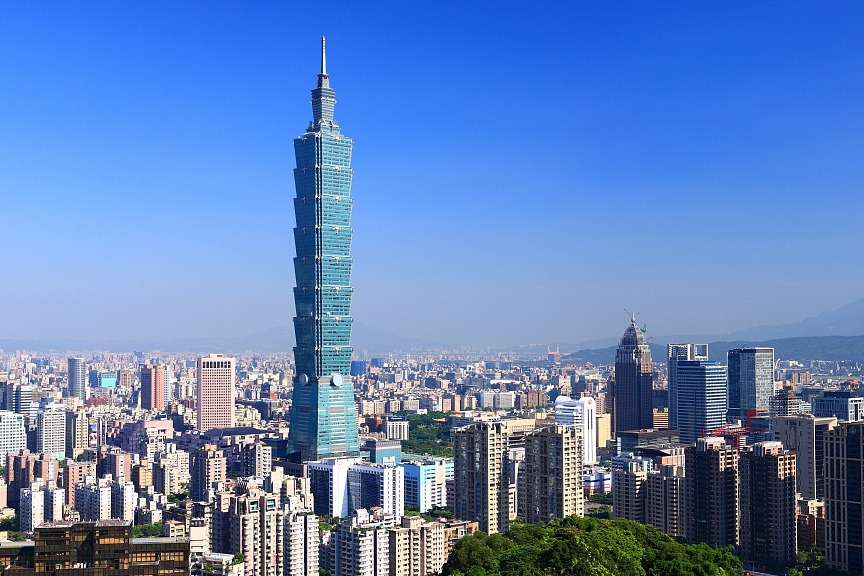Thailand's EV boom has a new engine: Chinese trailblazers

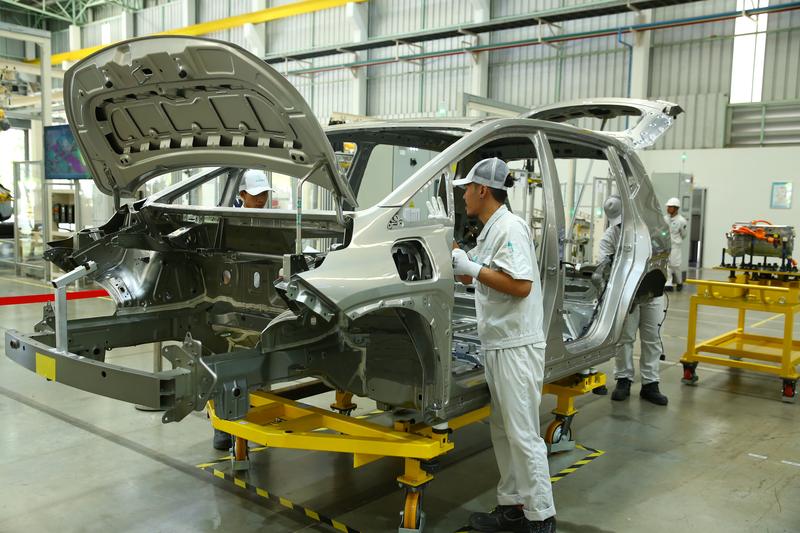
When Thailand mapped out its electric-mobility vision, few could have predicted how quickly Chinese automakers would turn that roadmap into real roads, real factories, and real cars in Thai driveways. Today, Chinese electric vehiclebrands are powering Thailand's transition — from assembly-line stalwart to next-gen manufacturing hub — and doing it with speed, scale, and serious consumer pull.
The clearest symbol of this shift sits in Rayong City. On July 4, 2024, BYD inaugurated its first Southeast Asian passenger-car plant at the WHA Rayong 36 industrial estate — an end-to-end facility covering stamping, painting, welding, and final assembly, with an annual capacity of 150,000 vehicles. The opening coincided with BYD's global milestone of its 8-millionth new energy vehicle rolling off the line, underscoring how Thailand has been woven into the company's worldwide growth story rather than treated as a distant outpost. The plant was completed in just 16 months — remarkable by any yardstick — and is projected to support around 10,000 jobs across the factory and distribution network.
This is more than capacity on paper. The Rayong site is designed as a right-hand-drive export base, enabling Thailand to serve as a launch pad to other ASEAN markets. That matters: a Thai-made EV that can be shipped competitively to Indonesia, Malaysia, Singapore, and beyond positions the kingdom as a regional EV hub, not just a domestic assembly center. Put simply, Chinese know-how is helping Thailand climb the value chain.
Results are already visible in the market. Thailand remains Southeast Asia's largest EV market, and Chinese brands are the clear pacesetters. BYD has led the pack, capturing close to half of EV sales at points since 2023, while Chinese manufacturers now command nearly 85 percent of the Thai EV market. In a landmark shift, BYD became Thailand's second-best-selling car brand in June 2025, overtaking Honda with an 11.9 percent share — proof that Chinese EVs are no longer niche players, but mainstream leaders. The country's broader EV momentum is intact, with registrations accelerating again in 2025 after a brief cooling — evidence that consumer acceptance is deepening, model by model and charger by charger.
It's not just BYD. A wave of Chinese automakers — from established names like SAIC's MG and Great Wall Motor to newer energy specialists — has injected competition, variety, and affordability into showrooms. The effect is textbook industrial development: prices become more accessible, features climb, and service networks professionalize, bringing first-time EV buyers into the fold rather than confining clean mobility to high-end buyers. Even as individual players adjust strategies, the overall Chinese presence has made EVs mainstream on Thai roads.
Part of the success is policy alignment. Thailand set ambitious targets and structured incentives that reward local production. Chinese automakers responded the way high-performing manufacturers do — by building. BYD's swift execution in Rayong City set a benchmark: a greenfield plant up and running on schedule, with partners ready to ramp. Suppliers followed, from automation and filling systems to logistics and sales infrastructure, creating knock-on benefits for Thai industry and workers.
Crucially, Chinese investment is helping Thailand retain its status as a manufacturing powerhouse in the EV era. For decades, Thailand has been a regional engine for internal combustion vehicles. Now, with Chinese technology and capital anchoring battery and EV assembly, Thailand is future-proofing its auto sector. This influx is not limited to carmakers: Chinese auto parts manufacturers in Thailand have grown threefold since 2023, creating a parallel supply chain that strengthens local resilience and export capacity.
Of course, rapid growth brings challenges. Some manufacturers, like Neta, face scrutiny over unmet local production quotas, with 19,000 offset vehicles still outstanding. Without export flexibility, the domestic market could face oversupply and a destabilizing price war. But here, too, Chinese firms are adapting. BYD has already begun exporting vehicles from its Rayong plant, marking a pivotal shift in strategy. In August 2025, the company shipped its first batch of 959 Dolphin models—left-hand drive units bound for Europe, including Germany, Belgium, and the Netherlands. This move not only expands BYD's global reach but also helps fulfill Thailand's EV3.0 local production requirements. The government's recent policy tweak, allowing one exported EV to count as 1.5 toward local production obligations, is a smart move that eases compliance while reinforcing Thailand's role as a regional export hub.
Thailand wanted a fast lane into the electric future. Chinese EV companies built it — brick by brick, and choice by choice in showrooms nationwide. The partnership is delivering jobs, technology, and cleaner streets today, while positioning Thailand as the region's EV springboard tomorrow. That's not just a win for one company or one country. It's a model for how ambitious policy and world-class manufacturing can accelerate a nation's leap into the industries of the future.
The story unfolding in Thailand also carries lessons beyond its borders. The ability of Chinese EV companies to combine rapid investment with local integration has shown how industrial cooperation can yield shared benefits. For Thailand, it means technology transfer, job creation, and a stronger foothold in green manufacturing.
For Chinese automakers, it provides market access and the opportunity to refine their global strategies in real-world conditions. This win-win dynamic — linking environmental goals with economic development — offers a model that other countries can study and adapt.
By partnering with Chinese EV manufacturers, emerging markets can accelerate their own transition to clean mobility while fostering new industries, supporting local businesses, and aligning with global sustainability objectives.
The author holds a Master's degree in management from the Harbin Institute of Technology (HIT) and specializes in strategic business solutions for Chinese enterprises, both domestically and internationally. The views don't necessarily represent those of China Daily.
If you have a specific expertise, or would like to share your thought about our stories, then send us your writings at opinion@chinadaily.com.cn, and comment@chinadaily.com.cn.


















